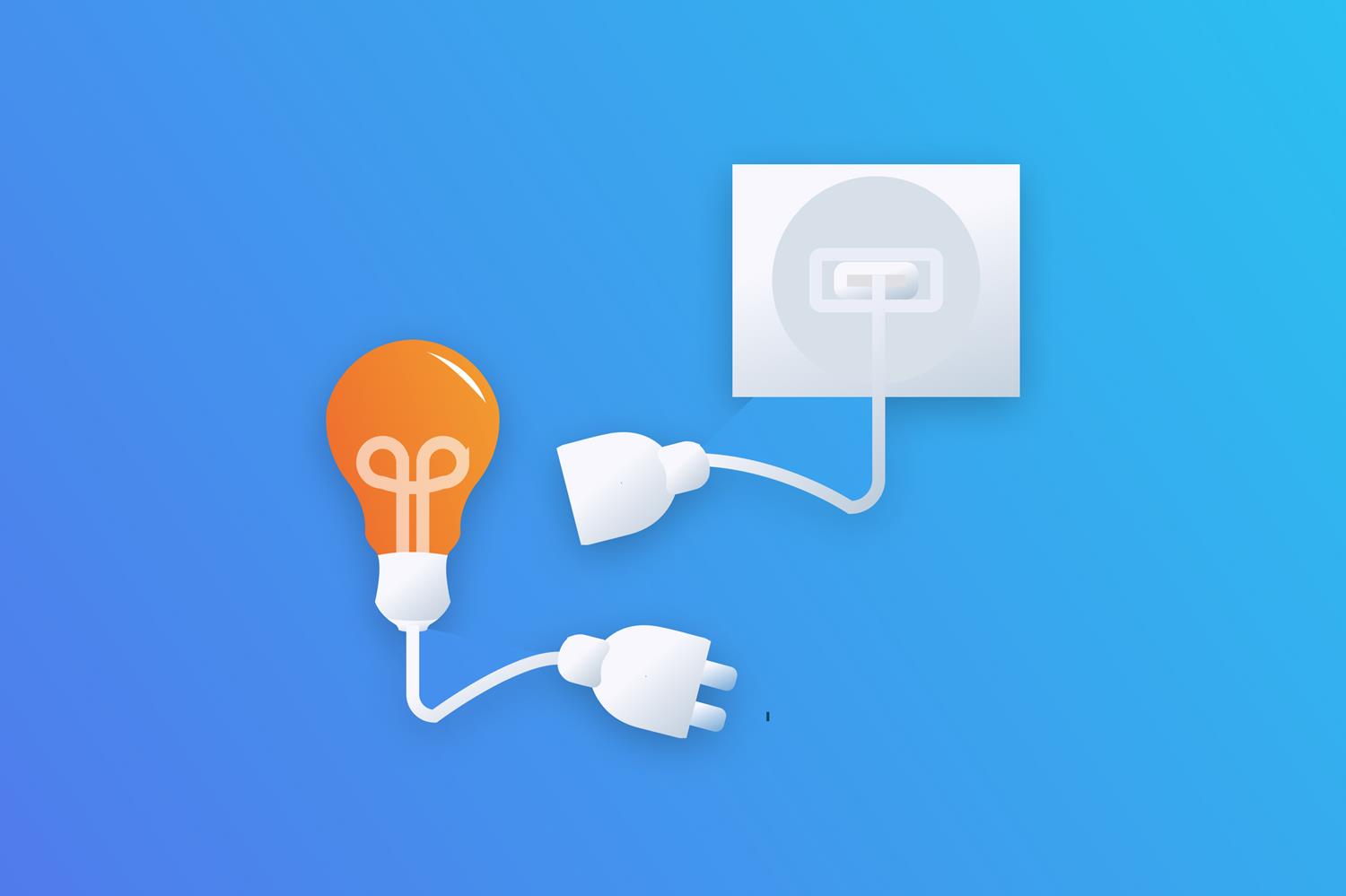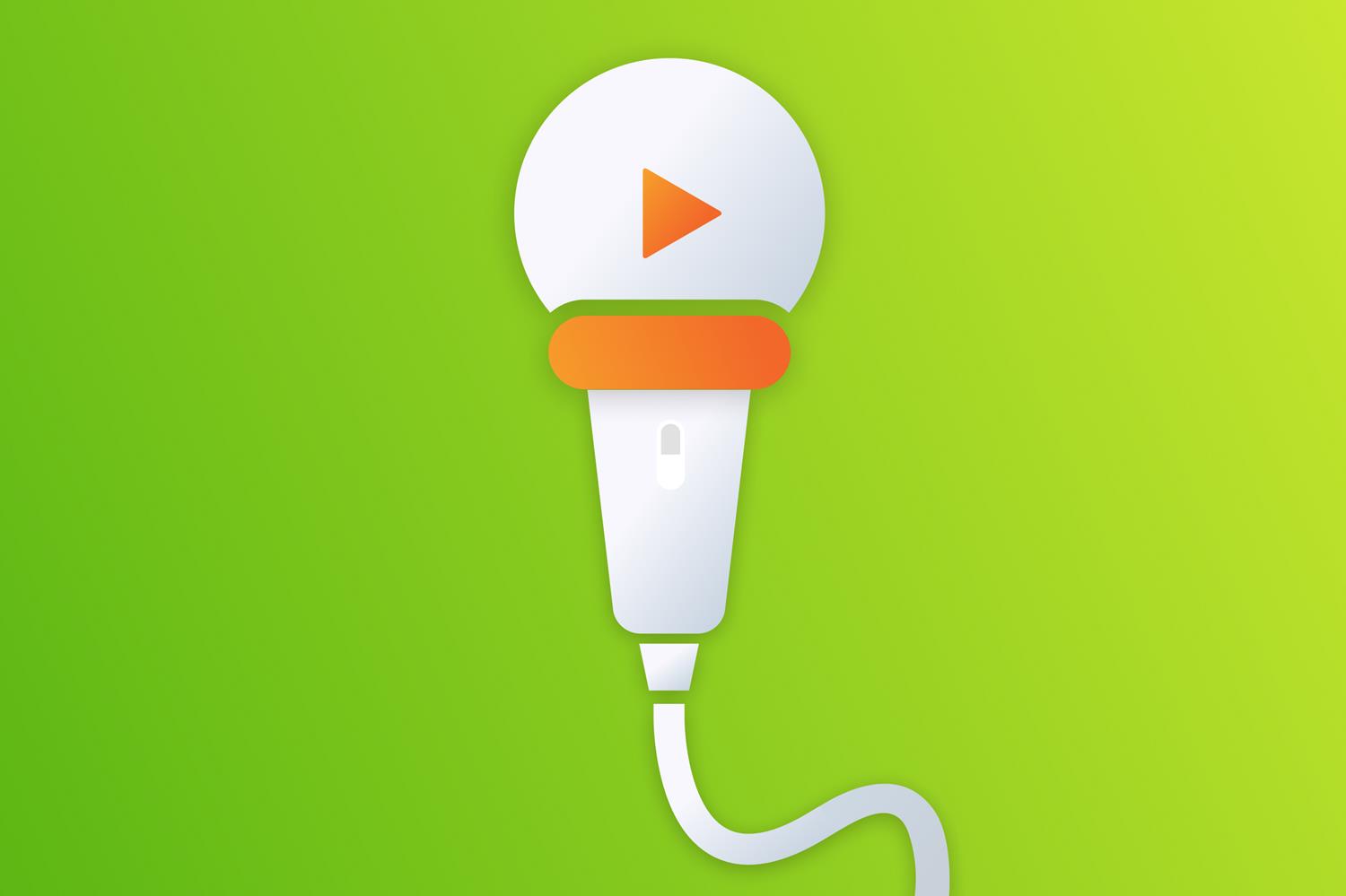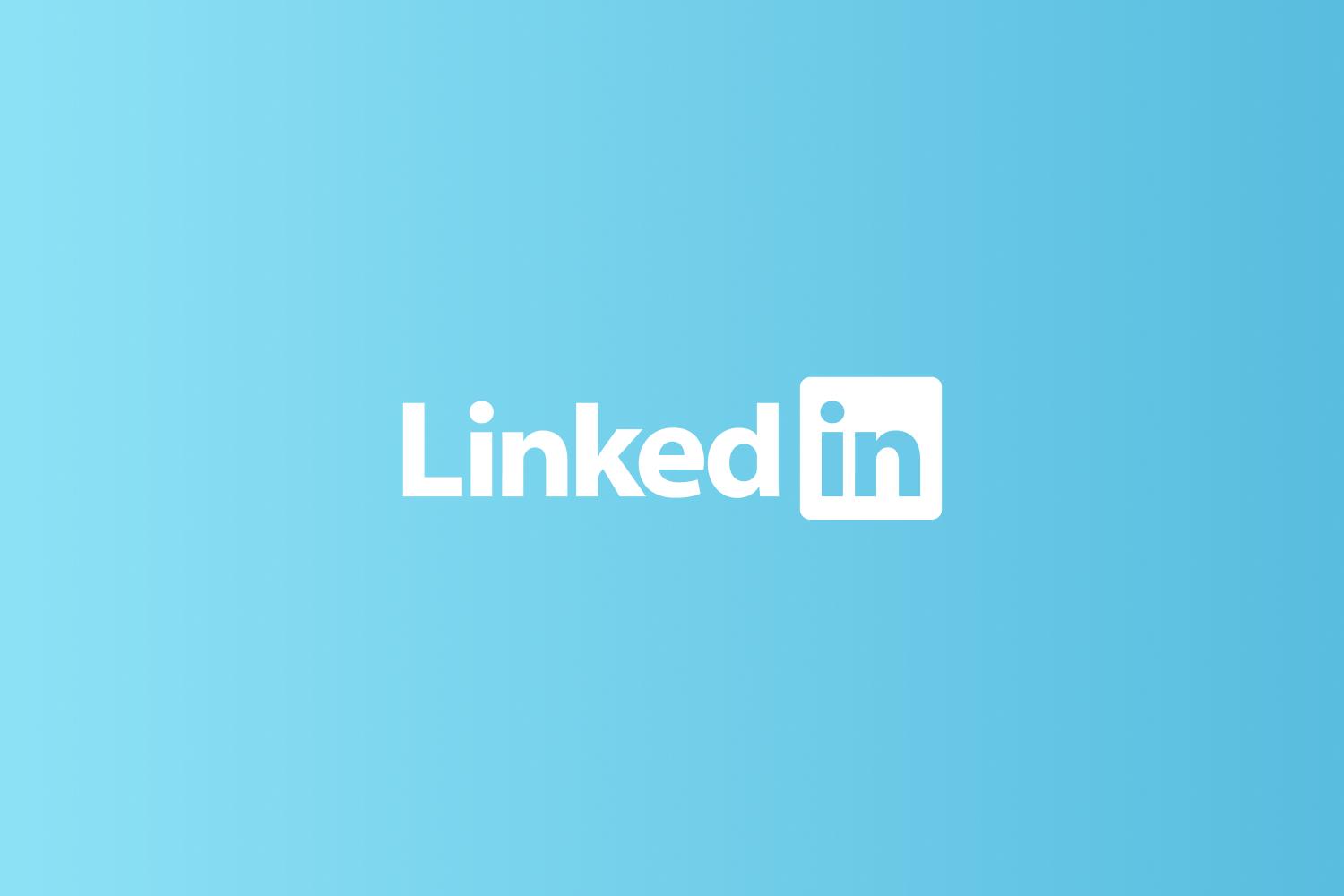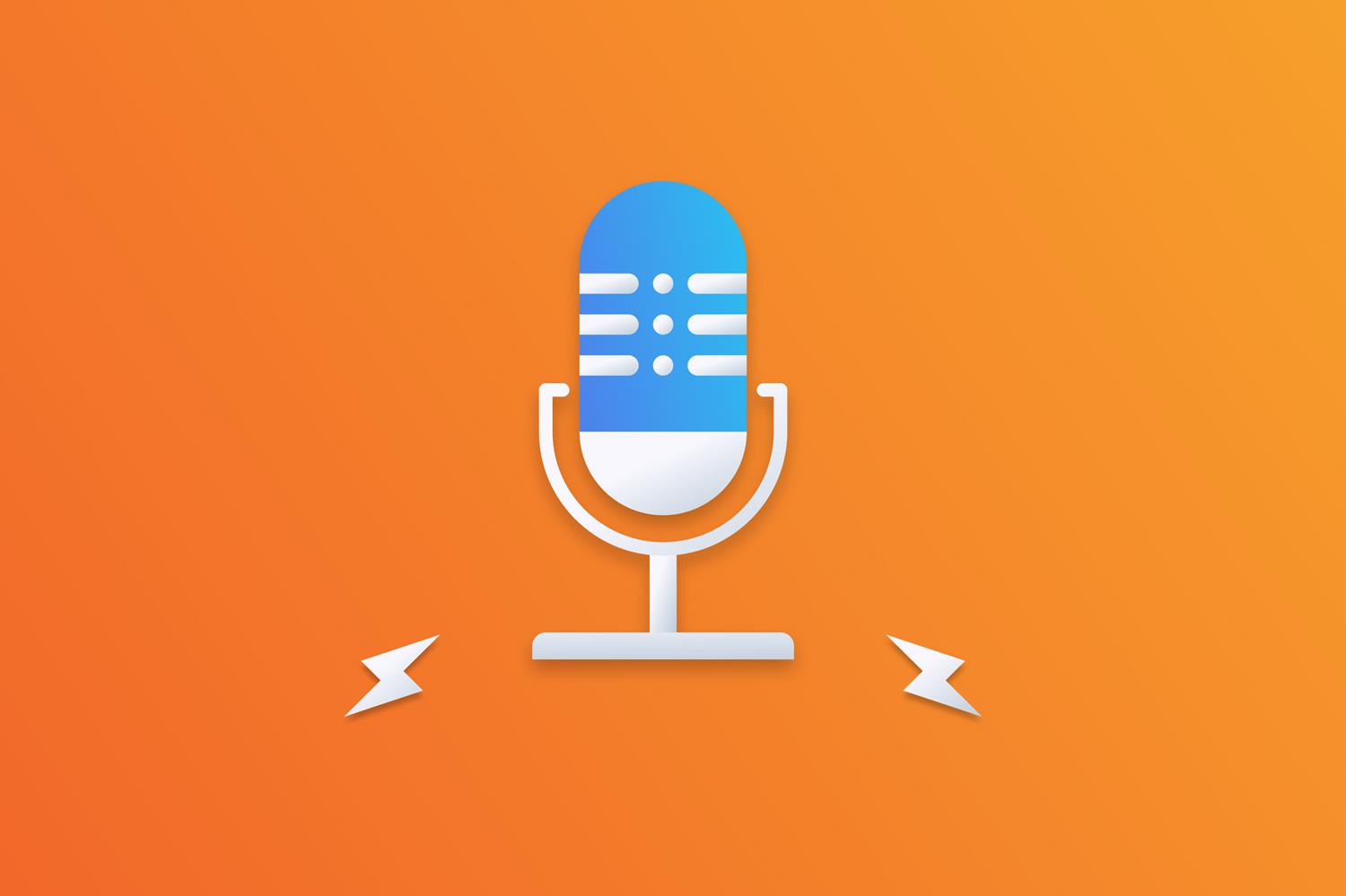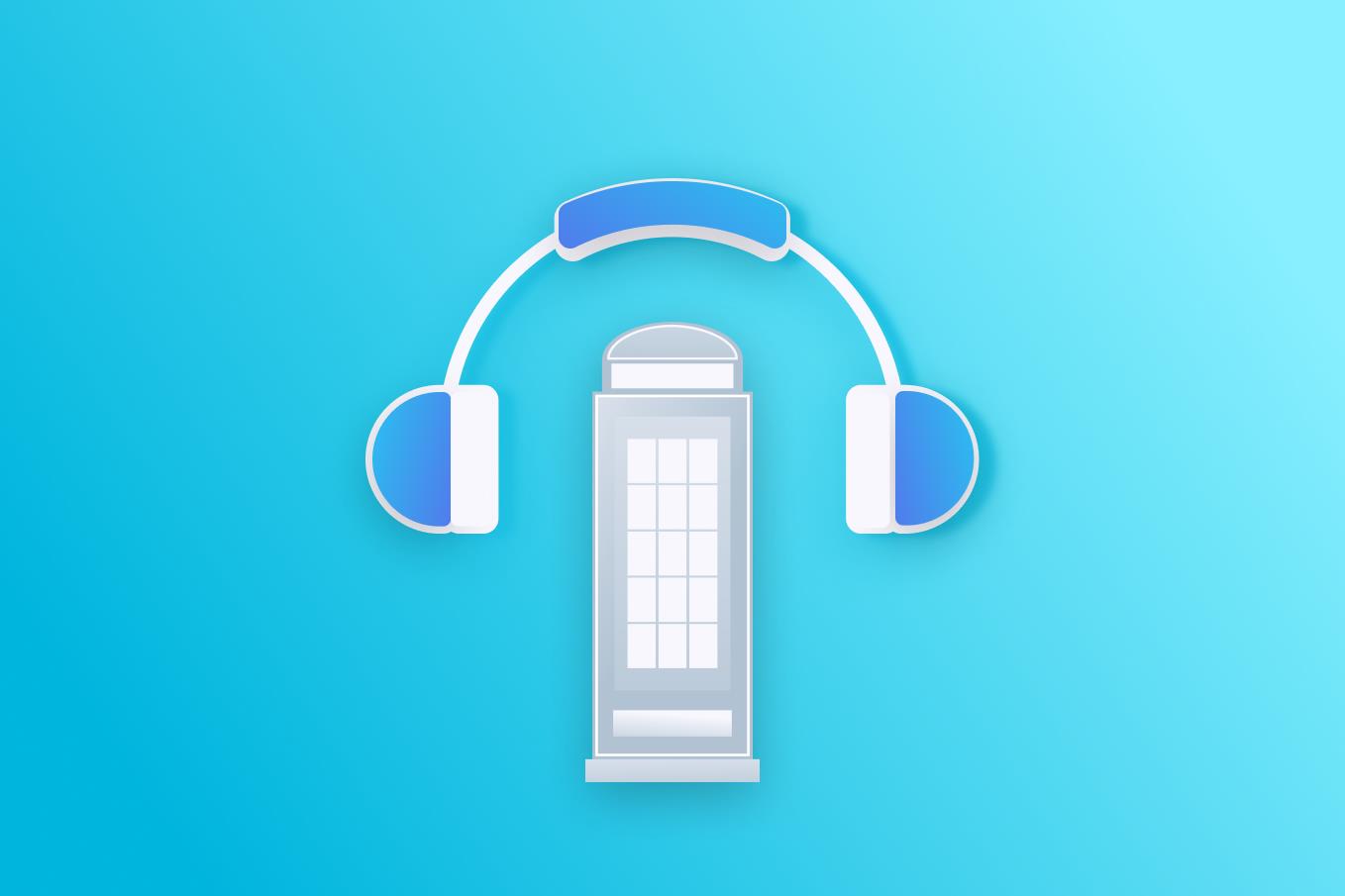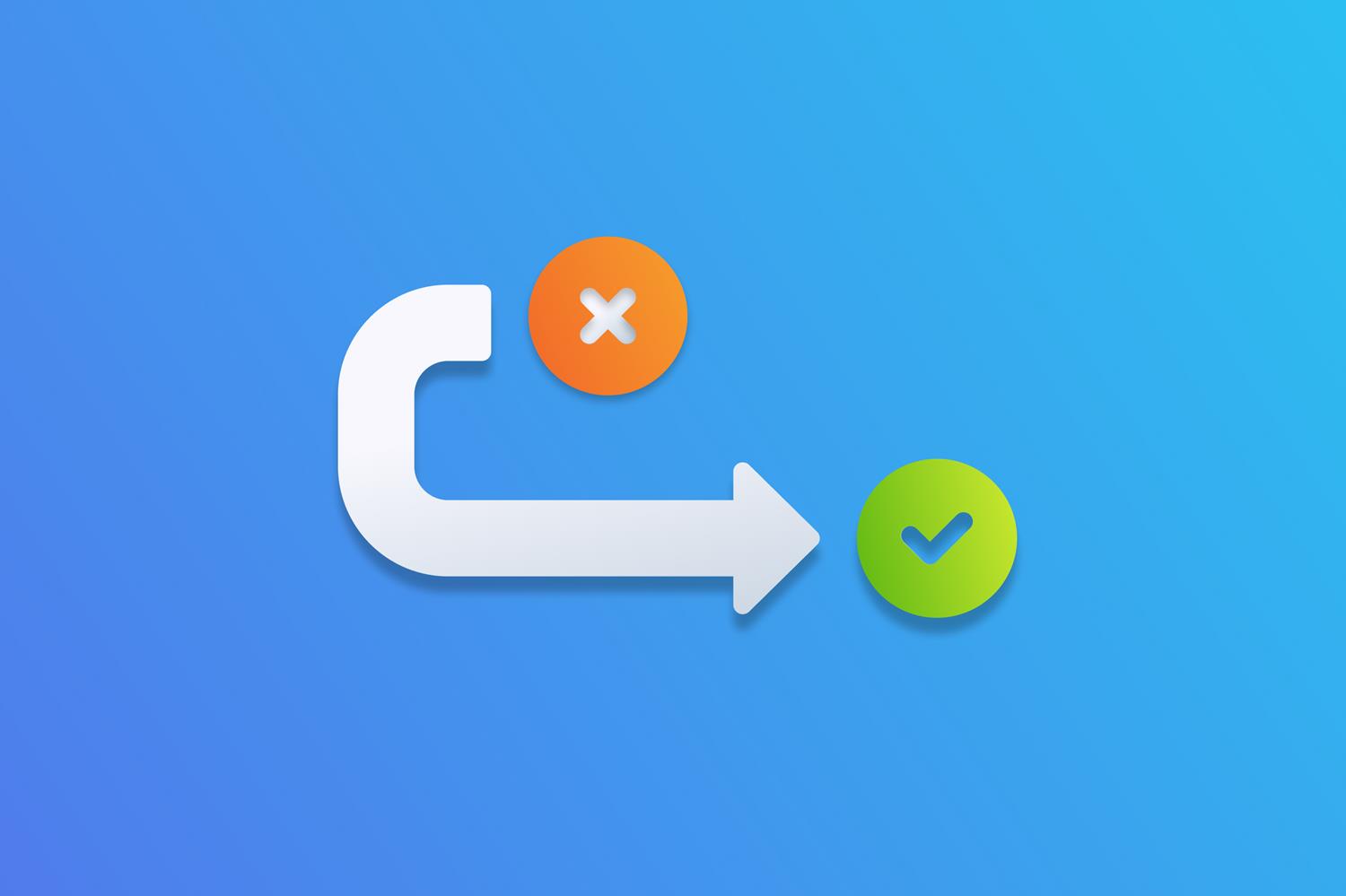One of the stages of most IT interviews is the technical interview. How to properly prepare for it? And how, in the case of failure, to react to rejection? Kateryna Mala, Senior Test Engineer at EPAM, shares her experience.
I want to get into my dream position at EPAM — where do I start?
The first step in preparing for a technical interview is to make sure you are invited to it. To do this, first, take seriously the preparation of your CV: adapt your resume as much as possible to the job you are applying for, and do not forget — only your relevant experience is important.
Of course, most of us in our teens earned our first pocket money in jobs that had nothing to do with our future profession. This means that if you've chosen a career as an engineer, it's hardly informative to mention your experience as a courier or promoter. It is better to specify a list of courses you have taken, certificates you have received, and add it references to your pet projects.
To be fair, it should be noted that describing your strong points and professional skills objectively without going to extremes (oversharing or downplaying your accomplishments) is not easy at all. If this is an “asterisk” task for you, remember that this is not self-promotion, but a cue to the interviewer on how to structure the interview in order to discover your full potential. Therefore, the information should also be relevant to the position for which you are being interviewed.
I will also comment on one of the most common mistakes: do not underestimate the importance of soft skills and managerial experience for IT positions. If you were a team lead, even if it was a small one, be sure to include this in your resume. Successful negotiation and communication skills are also a plus.
Remember that the more relevant information you provide in your resume, the more specific questions from the recruiter will be, because you are not the only one preparing for the conversation. Thus, you also reduce the chances of hearing a sudden question from an area unfamiliar to you.
I got an appointment! What's next?
So, you have faithfully fulfilled all the previous points and have been invited to a technical interview. The algorithm of your next steps:
- The day before, repeat the theory, the definitions of the most common terms, and the distribution of roles in the team. Even if you have several years of experience and can easily handle daily tasks, theoretical knowledge has the unpleasant ability to quickly fades from memory. There is a chance that, at the right moment, you may not remember the definition of some trivial term and get confused.
- Remember that the official language of IT is English, so prepare in advance a small, six-seven sentence story about yourself: briefly describe the projects you participated in, the tasks you performed, and the results that you are proud of.
- Conduct mock interviews. Practising interviews is the best way to relieve anxiety and improve your confidence. If you have friends to help, conduct mock interviews as much as possible. If you don't have such — practice your questions and answers out loud.
- Check the date and place of the meeting in advance (paying attention to time zones). Take care of your appearance: choose decent and comfortable clothes. Keep a glass of water on hand to take a polite pause and collect your thoughts before answering a tricky question.
On the day of the interview, be sure to check that your computer and webcam are working properly. Of course, you can also be interviewed on your smartphone, but such an extreme experience is unlikely to help you concentrate. The same can be said about pets playing in the background or neighbours renovating their homes. Choose a cozy, comfortable place where you won't be distracted by anything.
An important point: allocate an hour and a half of free time because that's how long the technical interview lasts on average.
Already connected and ready to talk. How to behave?
I can give one of the most important tips for any interview. Avoid the answer “I don’t know”, which indicates that the person surrendered without even trying. If you are cornered by unexpected questions or a difficult task, try to solve it step-by-step; in this way, you will show the course of your thoughts and your ability to adapt and find solutions to unexpected problems.
Another thing I often notice in job interviews with beginners is the tendency to use too long and complicated phrases. Your speech should be simple, clear, and understandable. If you are asked a question but hesitate to answer it, it is better to think aloud, because the course of thought is just as critical as the right answer. If you do not hear or do not understand the question, do not hesitate to ask again.
Don't forget that a job interview is a dialogue, during which it is important to be polite to your interlocutor, not to interrupt him or her, not to use swear words, even in stressful situations, and not to turn your answer into a monologue. It is a good idea to look at your interlocutor, even if your meeting is online.
A few words about the "Google it" approach
It often helps techies in their work, but it is a mortal enemy during interviews. Do not try to quickly search for the answer on the web — it is noticeable and does not speak in your favor. It is better to try to demonstrate logical thinking and come to a conclusion (even if’s not quite right) on your own.
How does it happen at EPAM?
At EPAM, during the interview process, candidates ofthen receive one or two practical tasks.
For testers, for example, it's preparing a test case, testing a form, and describing the defect found. Developers are asked to describe the result of code execution, write a code fragment in accordance with certain requirements, and conduct a code review.
The part of an interview, about 20 minutes, is devoted to evaluating the candidate's soft skills. We conduct it with situational questions about an imaginary “terrible” project where problems and conflicts constantly arise. The candidate has to offer his or her own version of their solution.
“A red flag” for us is a harsh negative evaluation by a candidate of a previous employer or ex-colleagues. Even if, for some reason, you have a negative impression of working with a certain company, an interview is not the best place to discuss it.
Your best friends in an interview are good technical preparation, honesty, and punctuality.
Feedback has come, and it ...
So, you coped with the test and, after a while, got the result. If you followed our advice, then with a high degree of probability, the answer would be positive.
However, it may not turn out the way you hope. What do you do when you hear, "You're good, but..."?
❌ Don't panic and don't take rejection as a defeat. You should see the situation as a stimulus for development. Ask the interviewer to give feedback on the results of the selection; based on this, you will be able to adjust the trajectory of training. At EPAM, we usually write recommendations, indicating those characteristics and knowledge of the candidate that need to be worked on.
❌ Reformat your CV and remove the points you are not 100% sure about. Focus on your strengths and tailor your CV to your knowledge and experience as much as possible.
And finally, a few practical recommendations for those who have chosen the profession of a QA Engineer (because this is my specialty)
- Before the interview, repeat the following topics: software development life cycle, test documentation, working with requirements, and performance evaluation.
- Look at the Guru99 and ISTQB syllabus resources. The latter is a source of generally accepted correct terminology, although it may seem difficult for a beginner to perceive. Read in English so as not to run into poor-quality translations of specific terms.
- Pay attention to the basic concepts of the Scrum methodology: during the interview, you will be asked questions from this area.
And, of course, don't worry! After all, even if you are rejected, the technical interview experience will help you get into an even cooler project in the future.


